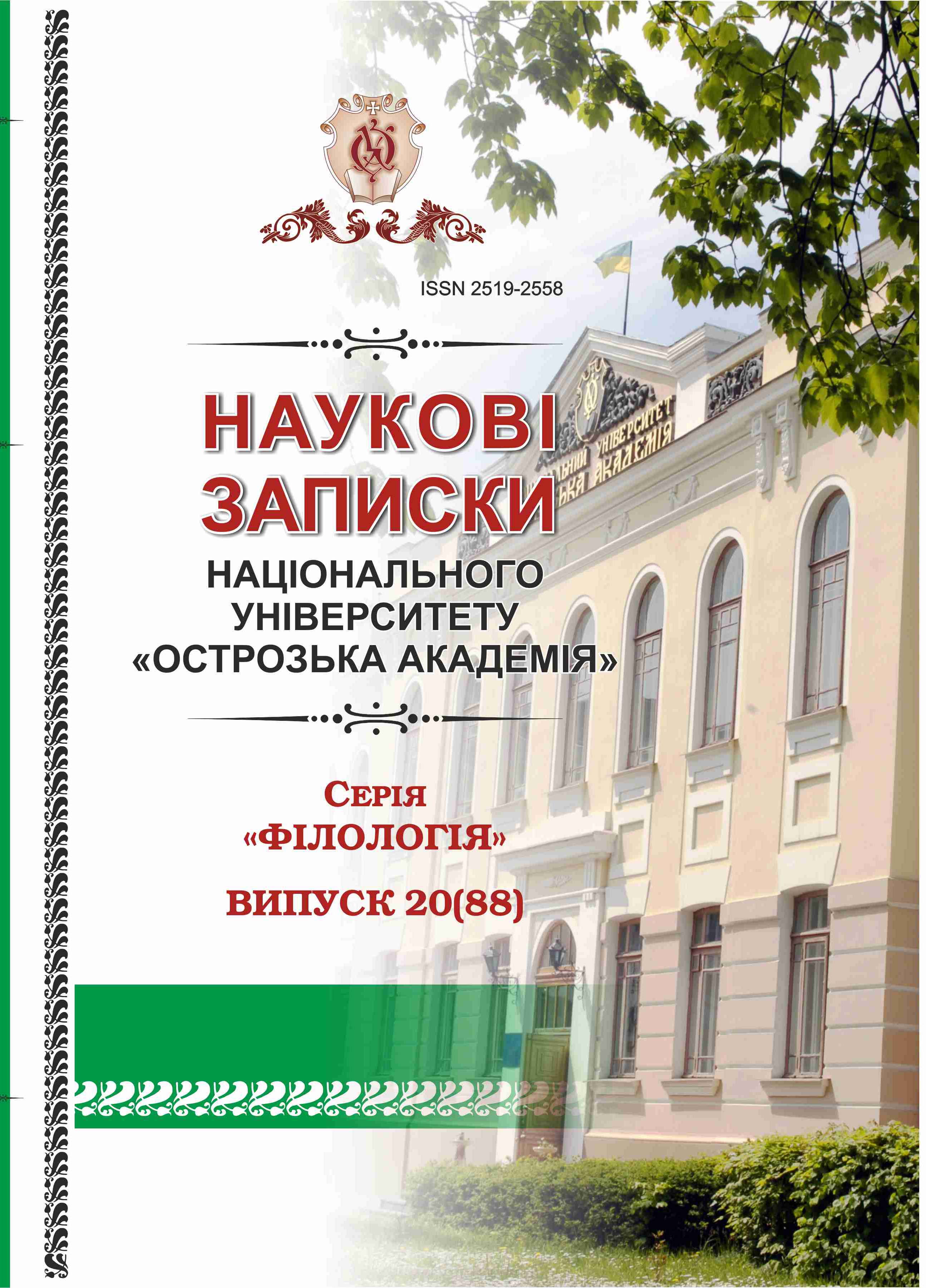КОМУНІКАТИВНІ СТРАТЕГІЇ Й ТАКТИКИ АРГУМЕНТАЦІЇ В ЕЛЕКТОРАЛЬНОМУ ДИСКУРСІ ХАВ’ЄРА МІЛЕЯ
Ключові слова:
політичний дискурс, електоральний дискурс, комунікативні стратегії, тактики аргументації, Аргентина, іспанська моваАнотація
Стаття присвячена вивченню комунікативних стратегій і тактик аргументації, використаних кандидатом на пост Президента Республіки Аргентина Хав’єром Мілеєм у передвиборчих промовах під час електоральної кампанії 2023 року, а також аналіз мовних засобів, що слугують для їхньої реалізації. Дослідження базується на комунікативно-прагматичному, семантико-когнітивному і контекстуальному аналізах політичного дискурсу, що дозволяють розкрити ціннісні аспекти та можливі інтерпретації мовних засобів у певному контексті, а також визначити прагматичні інтенції мовця.
У межах дослідження було проаналізовано мовні засоби реалізації комунікативних стратегій і тактик аргументації у передвиборчих промовах Хав’єра Мілея та виявлено переважання таких тактик: самосхвалення, протиставлення (стратегія самопрезентації), врахування ціннісних орієнтирів аудиторії, роздратування, солідаризації (стратегія інтеграції), обвинувачення, ображання (стратегія дискредитації опонента), агітації й аргументації (стратегія дискредитації опонента).
У статті також описано особливості застосування конкретних мовних одиниць з урахуванням їх конотативних значень і їхньої специфіки в мовно-ситуативному контексті. Було проаналізовано 7 передвиборчих промов Хавʼєра Мілея, розміщених у вільному доступі на платформі Youtube, в кожній з яких було вивчено використання 7 ключових слів і словосполучень, а саме: libertad, dinero, moneda, inflación, Banco Central, casta, ladrón. Також було пораховано частотність використання кожного зі згаданих слів і словосполучень відносно загальної кількості слів у кожній промові.
Проведений аналіз реалізації комунікативних стратегій і тактик у політичному дискурсі аргентинського політика свідчить про ефективність чотирьох основних комунікативних стратегій: самопрезентація для створення власного позитивного іміджу, інтеграції політика в політико-культурне життя аргентинського суспільства, дискредитації іміджу опонента й переконання електорату і спонукання до певних політико-правових дій. Ефективність обраних стратегій і тактик залежить від вибору лексичних засобів, що базуються на моральних і матеріальних домінантах аргентинського світогляду.

